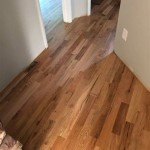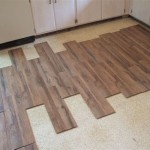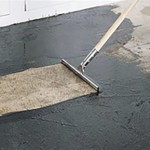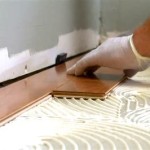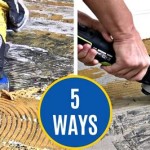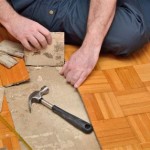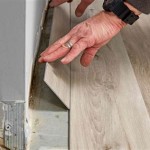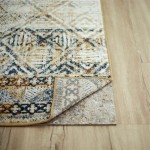Can You Install Vinyl Plank Flooring Over Particle Board?
Remodeling your home can be a daunting task, especially when it comes to flooring. Vinyl plank flooring has become increasingly popular due to its durability, affordability, and ease of installation. However, if your subfloor is made of particle board, you may be wondering if it is suitable for vinyl plank installation.
The answer is yes, you can install vinyl plank flooring over particle board, but there are a few essential considerations to keep in mind. Particle board is a type of engineered wood made from wood chips or sawdust that is bonded together with resin. It is often used as a subfloor because it is relatively inexpensive and easy to work with.
However, particle board can be susceptible to moisture damage, which can cause it to swell and buckle. This can lead to problems with the vinyl plank flooring, such as cracking, peeling, or lifting. To prevent these issues, it is important to take the following precautions:
1. Ensure the Particle Board is Dry and Level
Before installing vinyl plank flooring over particle board, it is crucial to make sure that the subfloor is dry and level. If the particle board is wet or uneven, it can cause problems with the flooring installation. To check for moisture, use a moisture meter to measure the moisture content of the particle board. The moisture content should be below 12% before installing the flooring.
To level the particle board, use a level to check for any uneven areas. If there are any dips or bumps, fill them in with a self-leveling compound or use shims to level the surface. This will help to ensure that the vinyl plank flooring is installed evenly and smoothly.
2. Use an Underlayment
Using an underlayment is essential when installing vinyl plank flooring over particle board. An underlayment provides a moisture barrier between the particle board and the flooring, which helps to protect the flooring from damage. It also helps to reduce noise and provide additional cushioning for the flooring.
There are several different types of underlayment available, so choose one that is specifically designed for use with vinyl plank flooring. Be sure to follow the manufacturer's instructions for installing the underlayment.
3. Install the Vinyl Plank Flooring Correctly
When installing vinyl plank flooring over particle board, it is important to follow the manufacturer's instructions carefully. This includes using the correct glue or adhesive and spacing the planks according to the manufacturer's specifications. If the flooring is not installed correctly, it can lead to problems down the road.
Once the vinyl plank flooring is installed, allow it to cure for 24 hours before walking on it or placing furniture on it. This will give the glue or adhesive time to dry and cure properly.
Conclusion
Installing vinyl plank flooring over particle board is possible, but it is important to take the necessary precautions to ensure that the flooring is installed correctly and will last for many years to come. By following the tips outlined in this article, you can achieve a beautiful and durable vinyl plank floor that will enhance the look of your home.

Can You Put Vinyl Plank Over Particle Board Ready To Diy

Can You Put Vinyl Plank Over Particle Board Ready To Diy

Can You Put Vinyl Plank Over Particle Board Ready To Diy

Can You Put Vinyl Plank Over Particle Board Ready To Diy

Can You Lay Vinyl Floor Over Osb Ready To Diy

Can You Put Laminate Over Particle Board Ready To Diy

Can You Put Laminate Over Particle Board Ready To Diy
Luxury Vinyl Plank Flooring Laying Over Particle Board Subfloor Diy Home Improvement Forum

How To Prevent Flooring Problems Prior Installation

How To Install Vinyl Plank Flooring Over Carpet Padding
See Also
